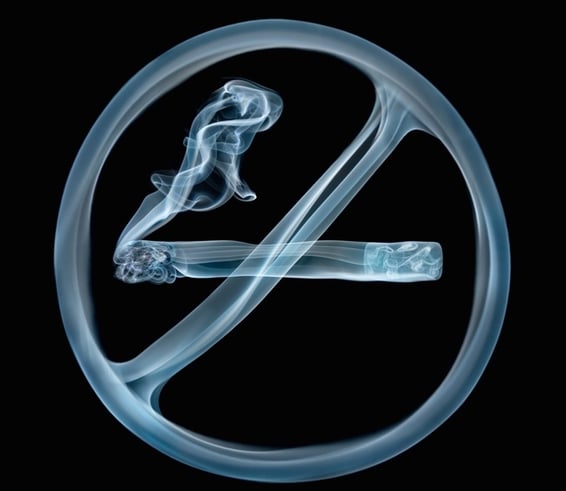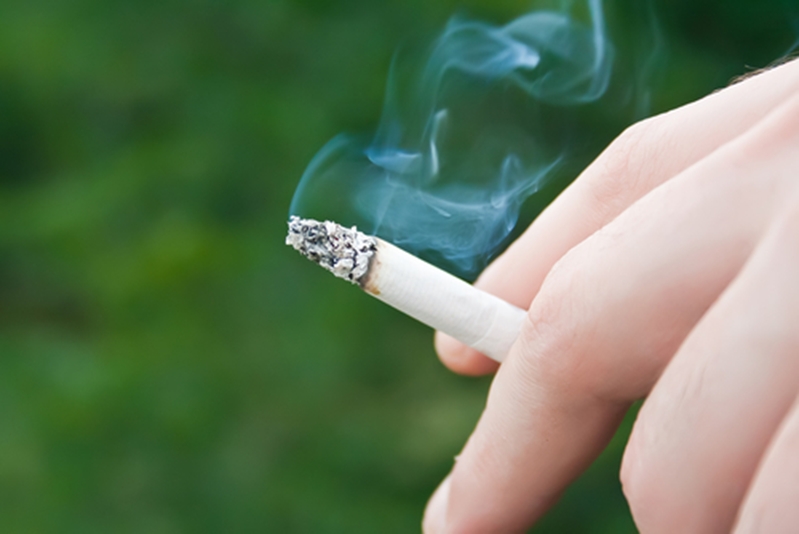
The public has become more aware of the dangers of cigarettes, but millions of nonsmokers still face the issues associated with secondhand smoke on a daily basis. According to the U.S. Centers for Disease Control and Prevention, secondhand smoke can cause a number of health problems in children, including ear and respiratory infections, more frequent asthma attacks and even an increased risk for sudden infant death syndrome. Unfortunately, the dangers don't stop there. Secondhand smoke can cause oral conditions in kids as well.
Dental caries
Children are already more susceptible to dental caries (cavities) than other age groups. In fact, according to the National Children's Oral Health Foundation, tooth decay is the No. 1 chronic childhood illness. Secondhand smoke may elevate the severity and prevalence of this issue.
Researchers from Japan sought to determine the effects of secondhand smoke on infant teeth. Authors of the study, which was published in The BMJ, looked at routine health checkup data from 76,920 children. They also gave questionnaires to the study subjects' mothers to determine lifestyle habits. The researchers found that the majority of children were exposed to secondhand smoke, and those kids were twice as likely to develop dental caries.
A separate study in the International Journal of Environmental Research and Public Health corroborated the findings that exposure to passive smoke may elevate a child's risk for dental caries, and researchers noted that evidence for the relationship between secondhand smoke and cavities is only growing.

Secondhand smoke poses dangers to both your oral and overall health.
Periodontal disease
Cavities may not be the only dental consequence of secondhand smoke. A study published by the American Public Health Association found that the more smoke people were exposed to, the higher their risk of developing severe gum disease. Specifically, those surrounded by passive smoke between one to 25 hours per week had a 29 percent higher chance of experiencing this oral condition. Meanwhile, those exposed to secondhand smoke 26 hours each week had an approximately 60 percent increased risk for gum disease.
Not only is severe gum disease painful, but also experts have linked it to other systemic diseases. As a result, kids exposed to secondhand smoke are subject to a number of oral and overall health problems.
Preventing dental problems
The CDC noted that the only way to completely eliminate risk for problems associated with secondhand smoke is to avoid exposure altogether. Otherwise, proper ventilation and creating isolated smoking areas can go a long way in mitigating the hazards for nonsmokers.
These findings also reinforce the importance of dental care for all ages - including infants. The American Academy of Pediatric Dentistry recommended parents schedule their children's first visits with the dentist when the their babies' first teeth appear or before the little ones' first birthdays. Parents can use a dental discount card, which provides benefits for everyone in the household, making it the ideal supplementary family dental plan.
